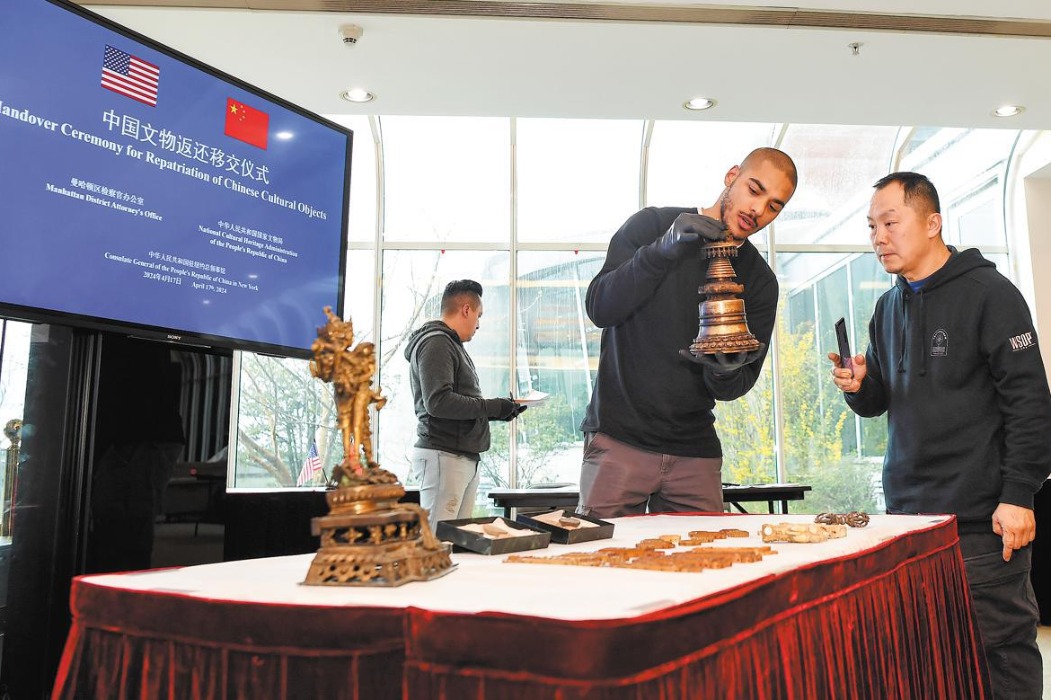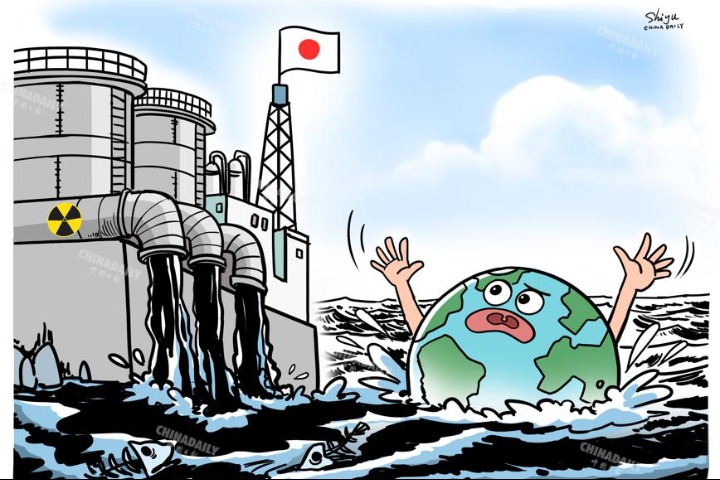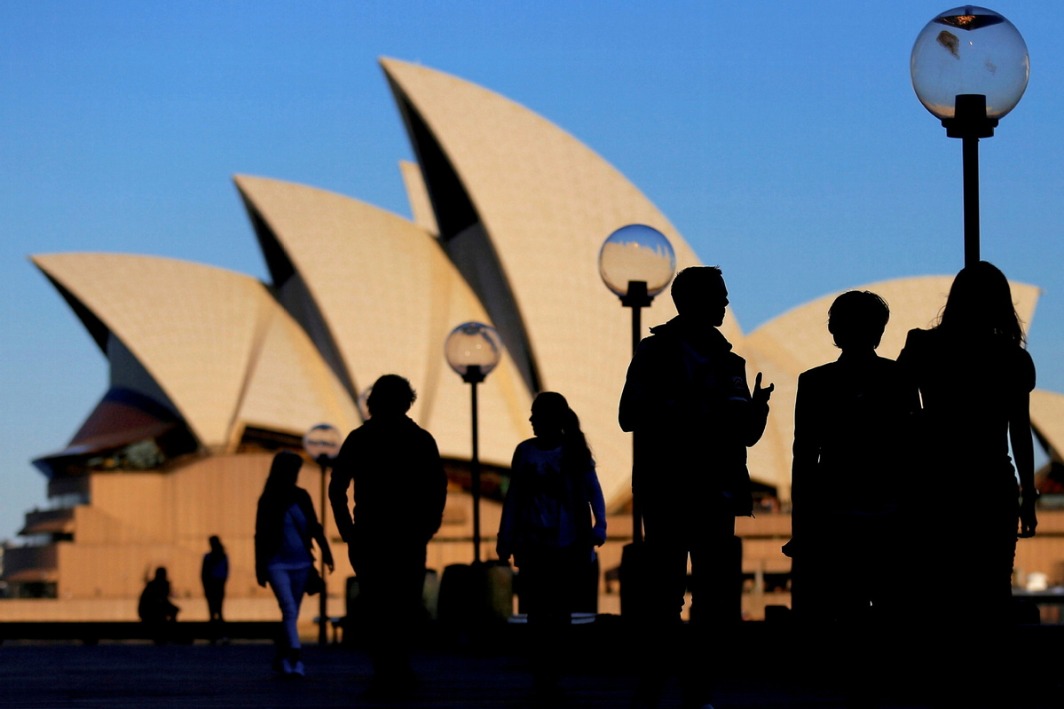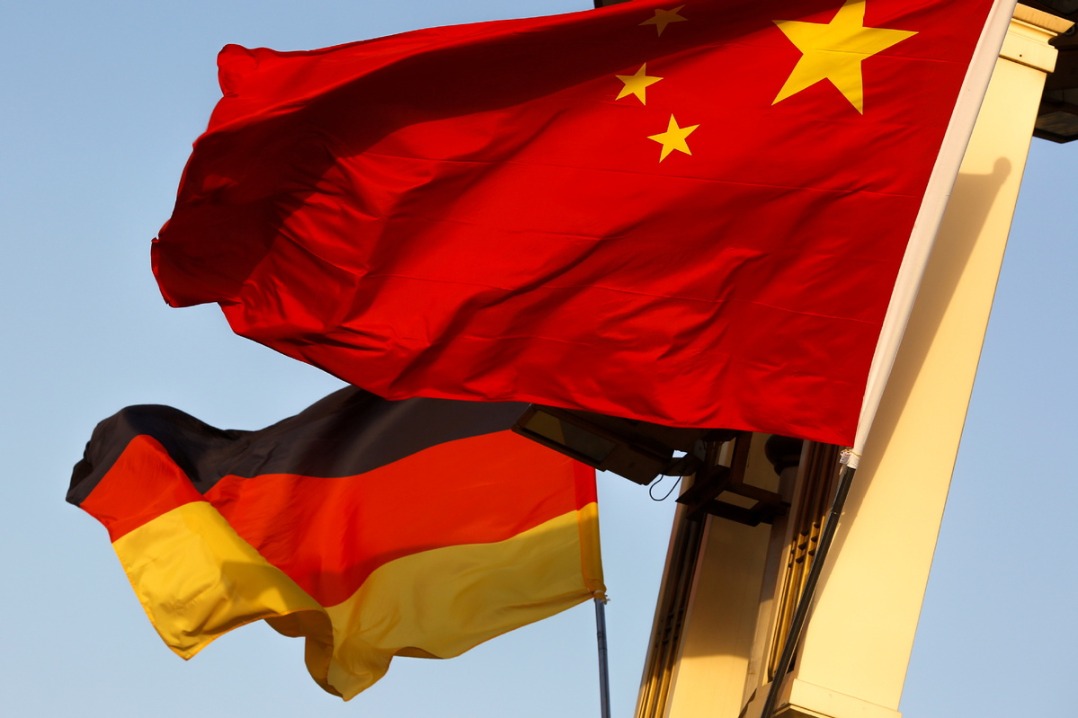Canada should recalibrate China policy to break deadlock

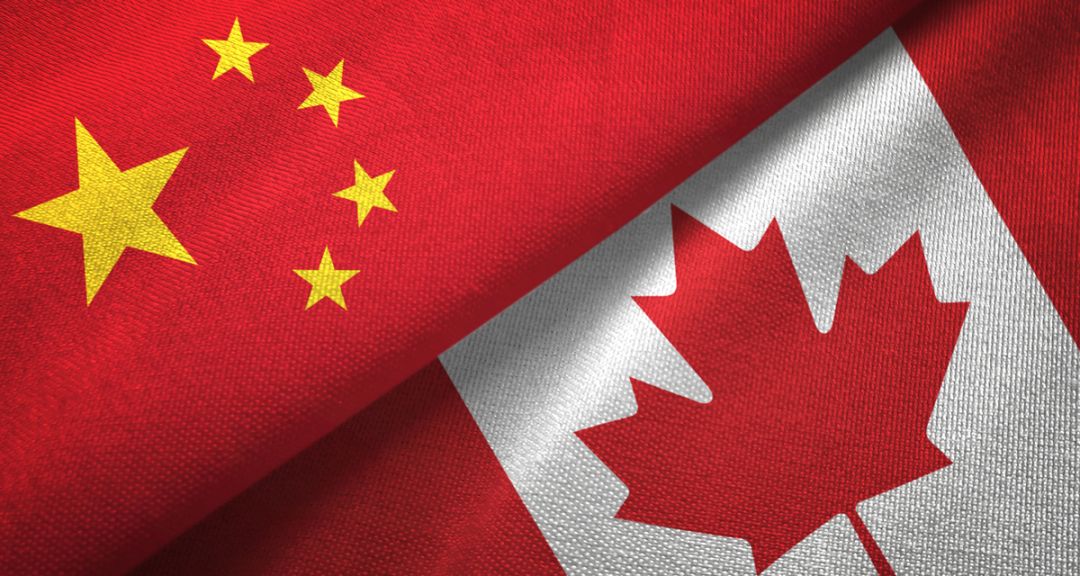
Canada will hold its federal election on Monday. Canadian Prime Minister Justin Trudeau called a snap election on Aug 15, possibly because he believes it would allow his minority Liberal government to achieve majority in parliament. Trudeau has been leading a minority government since October 2019.
Perhaps the fact that about 46 percent of respondents to a recent survey said they believed that Canada is heading in the right direction has given Trudeau the confidence to call the election, some two years ahead of schedule. Trudeau has said that the government's most important responsibility is to keep Canadians safe and secure, referring especially to the COVID-19 pandemic. And if his party wins the majority of seats in the federal election, his government can better fulfill that responsibility.
However, the Canadian government faces the two-pronged challenge of incentivizing economic recovery through increased spending, and reining in runaway federal budget debt levels as a result of that spending. But the problem is that its budget deficit has already widened to record levels, reflecting its faltering economic recovery.
Given that a fourth wave of novel coronavirus infections looks imminent, the pandemic is sure to dominate the election campaign.
Also, China will likely be an election issue because of Ottawa's hostile policy toward Beijing. Creating an anti-China atmosphere and hyping up the "China threat" theory have become the favorite policy of many political parties in some Western countries to win elections. So the parties, especially the Conservatives, have been targeting China and spreading canards against it to garner popular votes.
Canada-China relations have worsened in recent years due to Ottawa's hostile stance against Beijing. Some Canadian politicians have accused China of committing "genocide" in the Xinjiang Uygur autonomous region, and banned Chinese high-tech companies from 5G infrastructure programs in Canada.
Since some Canadian politicians have put their political interests above Canada's relations with China, bilateral relations have continued to deteriorate in recent years. And since the Canadian political parties don't have to worry about the domestic consequences of vilifying China, not least because they know they will not honor their poll promises, they are more vociferously attacking China, which is shameful, to say the least, and exposes the hollowness of the politics they practice.
Besides, the parties know that if they were to put those anti-China measures they promise during the campaign into effect, China would respond in kind.
Canada is a self-proclaimed vanguard of democracy and human rights, but it has a shameful history of suppressing and ill-treating the Indigenous people. Canada's double standard is exposed when it talks of so-called human rights violations in other countries without speaking about its own poor human rights record. For example, the buried remains of more than 200 Indigenous children were discovered in Kamloops Indian Residential School in British Columbia recently. And a recent investigation report said at least 4,100 Indigenous students died attending residential schools in Canada, many of them due to abuse, negligence, disease and accidents.
If the Canadian politicians continue to level false accusations against China, and use them as a pretext to interfere in the country's internal affairs, including in the Hong Kong Special Administrative Region and Xinjiang, Canada would continue to suffer the consequences of frayed bilateral relations. China adheres to the principle of non-interference in another country's internal affairs, and that includes Canada, and opposes any country rallying support from alliances to target China, and expects other countries to do the same.
Irrespective of the election result in Canada, however, the deadlock between the two countries can be broken if the new government in Ottawa corrects its foreign policy, especially its policy toward China, otherwise it would continue to do the United States' bidding at the cost of its economy.
China and Canada enjoyed good relations till Canada decided to act as the US' muscleman. China is Canada's second most important trade partner, and Canada's imports and exports from and to China are diverse in terms of products. No wonder despite the hostile atmosphere, the Conservatives seek to strike a balance in Canada's dealings with China.
It is hoped that, whichever party wins the Canadian election, the new government will navigate China-Canada relations in the right direction and recalibrate its policy toward China. Bilateral relations can revert to the normal track only when Canadian politicians cast off their ideological glasses and repair bilateral relations.
The author is a researcher at the National Academy of Development and Strategy, and a professor at the School of International Studies, Renmin University of China.
The views don't necessarily reflect those of China Daily.
If you have a specific expertise, or would like to share your thought about our stories, then send us your writings at opinion@chinadaily.com.cn, and comment@chinadaily.com.cn.
















